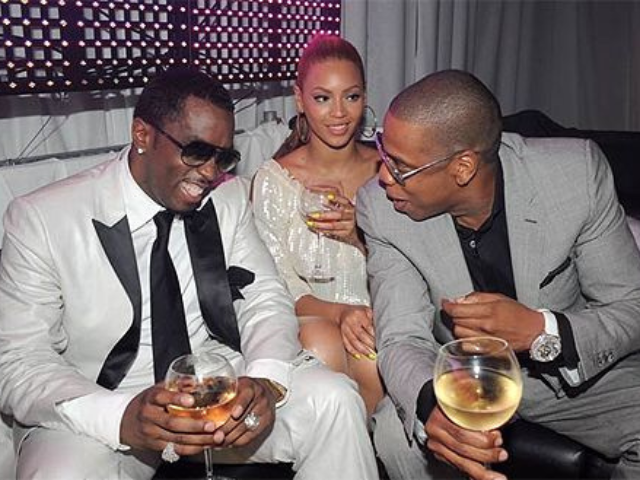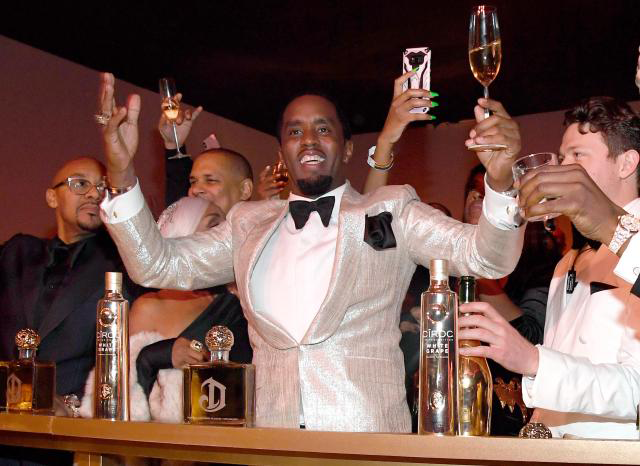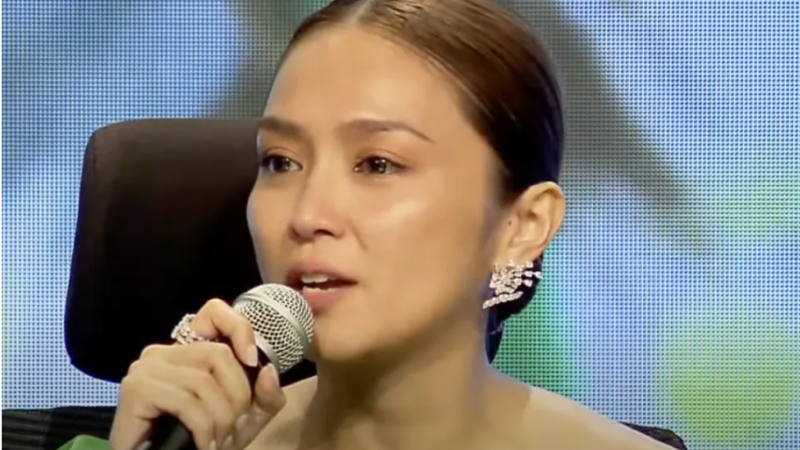Diddy’s Death List: The Controversy Explained

The recent emergence of what some are calling Diddy’s “death list” has sparked outrage and intrigue within the online community. Sean “Diddy” Combs, a prominent figure in the music industry, has long been known for his influential contributions to hip-hop and pop culture. However, allegations have surfaced suggesting that he maintained a list of individuals whom he allegedly wished to harm, causing a media frenzy and raising serious questions about his character and actions. This revelation has led fans and critics alike to demand accountability and transparency.
The claims surrounding Diddy’s death list first gained traction on social media platforms, where users began sharing their thoughts and reactions. Many are expressing disbelief and anger, questioning how someone with such a significant public platform could harbor such intentions. The implications of these allegations are profound, particularly given Diddy’s status as a cultural icon. For many fans, the idea of a “death list” contradicts the persona he has cultivated over the years as a successful entrepreneur and artist.
As discussions continue, various media outlets have picked up the story, further amplifying the outrage. Critics argue that the existence of such a list not only reflects poorly on Diddy but also highlights a troubling culture of violence that can exist within the music industry. Many advocates for change are using this situation to call for a broader conversation about accountability and responsibility among public figures. The question arises: how can the industry continue to support artists who may engage in harmful behavior?

Diddy’s response to these allegations has been largely defensive. He has denied maintaining such a list, claiming that the rumors are unfounded and part of a smear campaign against him. However, the damage has been done, and the public’s perception of him is undoubtedly affected. In an era where social media can amplify voices, Diddy finds himself in a precarious position, trying to navigate the fallout while addressing the concerns of his fans.
Moreover, the impact of these allegations extends beyond Diddy himself. Fans are beginning to reassess their admiration for the artist, and many are voicing their disappointment. This situation serves as a reminder of the complexities of celebrity culture, where personal behavior often intertwines with public perception. The conversations sparked by Diddy’s alleged actions are reflective of a larger societal issue regarding accountability and the consequences of harmful behavior.
As the story continues to unfold, it remains to be seen how this will affect Diddy’s career and reputation. The online community is closely watching, with many eager for clarity and resolution. Diddy’s status as a cultural icon is now under scrutiny, and the potential ramifications could be significant.
In conclusion, the controversy surrounding Diddy’s alleged death list has ignited a firestorm of discussion about accountability in the entertainment industry. As fans and critics weigh in, the conversation continues to evolve. This situation highlights the need for a critical examination of behavior among public figures and the impact it can have on their careers and legacies. As the narrative develops, one thing is clear: the importance of addressing such serious allegations cannot be understated, and the music industry must take a stand against violence and harmful intentions. The outcome of this controversy could lead to important changes in how we view accountability in the entertainment world.





